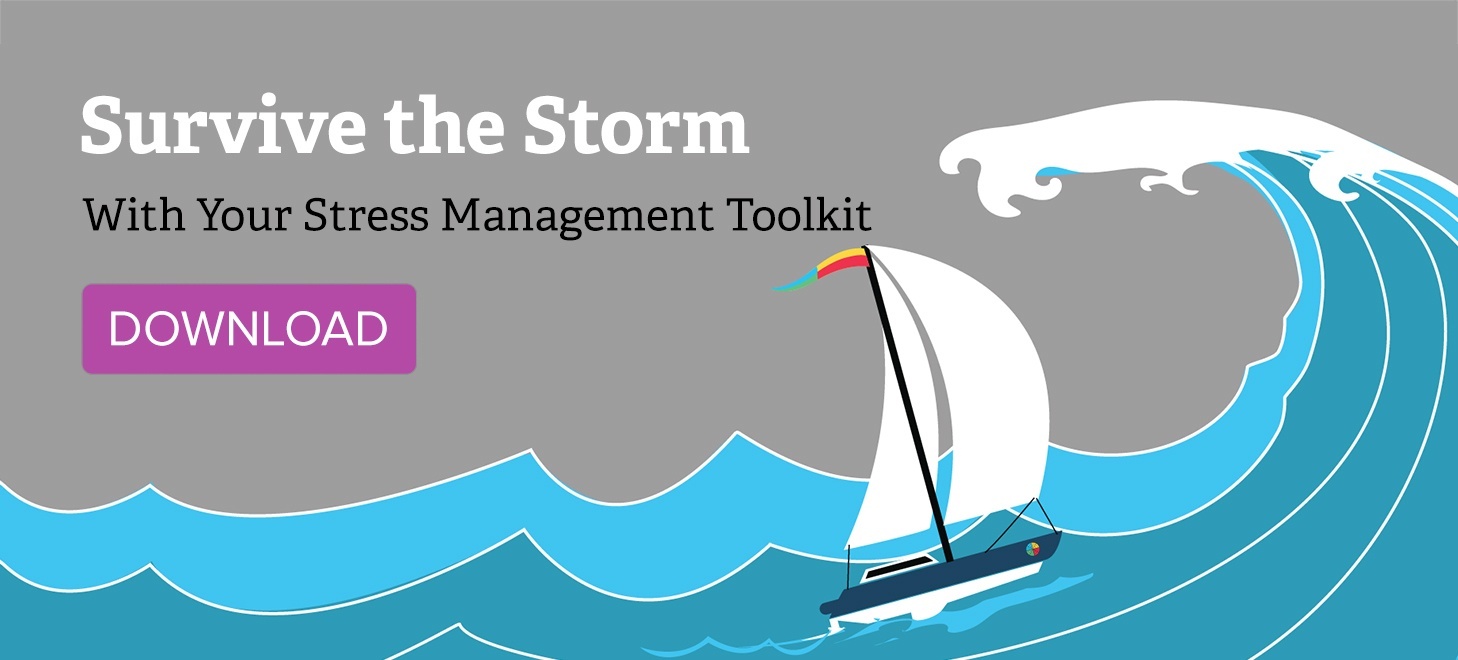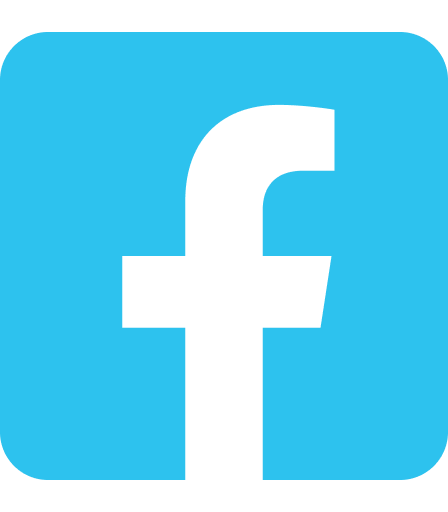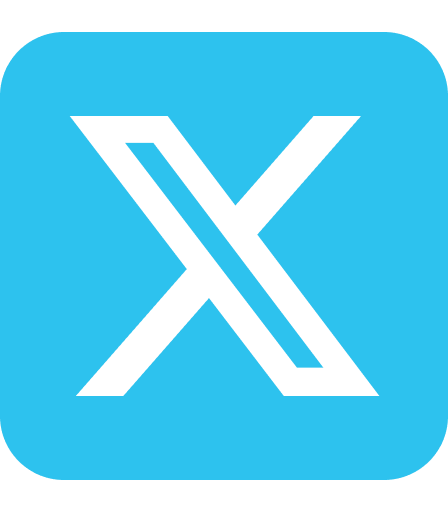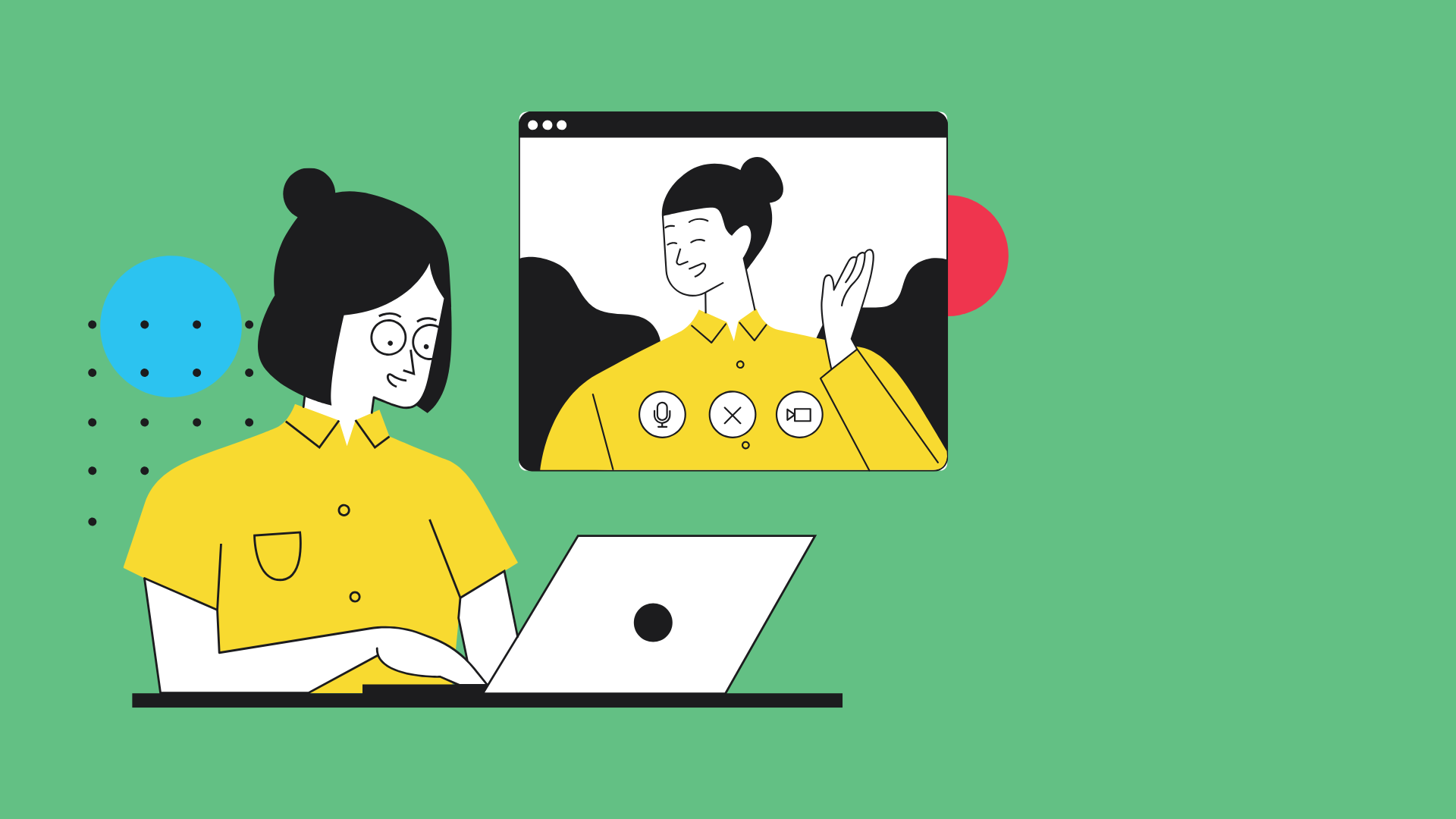If you’re trying to get more productive, organizing your to-do list might be number one on, well, your to-do list, especially if you’ve got this endless checklist that you keep adding to. But here’s a thought: Maybe the best productivity hacks are more about subtraction than addition.
With our work and personal lives overlapping, today’s world creates a lot of cognitive load. We’re checking e-mails in the evening and on weekends, and making phone calls to resolve personal issues during the day.
How often do you wake up already feeling overwhelmed? We complain about the complexity of our lives, but we also forget how much of the chaos in our lives is self-imposed. Yes, your calendar is probably overcrowded and maybe your desk is a mess. You need to plan your holiday menu and finish up your gift shopping. Your news apps and social media alerts are going off constantly, while that co-worker who’s been emailing you all day is now texting you, too. You click through, thinking, “Now what?”
But at some point, you agreed to taking on all those things.
We all complain about information overload even when we choose to over-consume information—which, by the way, is a habit that you can control. More possessions and commitments just stream into our lives. Stuff comes in so fast that we don’t even realize how much we've accumulated. It all happens unconsciously, just under the radar of our thinking.
Letting go of stuff, on the other hand, demands mindfulness. It requires new ways of thinking and focused action. You can mindlessly add on to that to-do list, but you really have to sit down and think about what goes on your not-to-do list.
The Magic Word Behind the Best Productivity Hacks
Warren Buffet once said, “The difference between successful people and very successful people is that very successful people say ‘no’ to almost everything.” That one little word is at the core of many of the most powerful productivity hacks. Of course, saying “no” isn’t easy. After all, we don’t want to let people down. And we feel obligated. And we don’t want to look like slackers. And we’re tempted by the distractions we get from social media, email, news, text messages and all the other ways our daily flow can be interrupted. Sometimes we even crave it.
It’s also not always easy to figure out what falls into the “almost everything” category and what really deserves your attention. What you need is a good filter to sort through the options. Fortunately, when you put your mind to it, you can do this filtering pretty easily.
For each task or to-do list item, or for any activity that’s eating into your productivity, consider the following questions:
Analytical questions:
- What does this achieve, or what problem does it solve?
- Is it a problem that needs solving?
- Is the outcome worth the time and mental energy I’m putting into it?
- Am I really adding value?
People questions:
- Who will benefit (or not) if I do this (or don’t)?
- Is there someone besides me who could (or should) be doing this?
- Who could help or support me in reprioritizing or re-allocating my time?
- What interactions are draining me?
Organizational questions:
- How could I be more efficient in getting this done?
- Are there different tools that would make this process faster/easier/cheaper/better?
- Am I prioritizing the most important tasks first?
- Am I filling the time just because that’s what I’ve allotted for it?
Big picture questions:
- Why am I doing this?
- What would happen if I didn’t do it?
- What would be possible for me if I didn’t have to do it?
- How would it feel to have that added space on my calendar?
Once you’ve done some subtraction, you can focus in on your real to-do list. Keep a master list of the next three things you intend to do. A three-item list is doable and inviting. Not only that, you’ll get a dopamine-driven sense of reward and momentum every time you cross off those three tasks.
It’s all about consciously choosing and subtracting. Think of these productivity hacks as your personal Control Z key for undoing the habits that are getting in the way of your productivity and cluttering up your brain.











